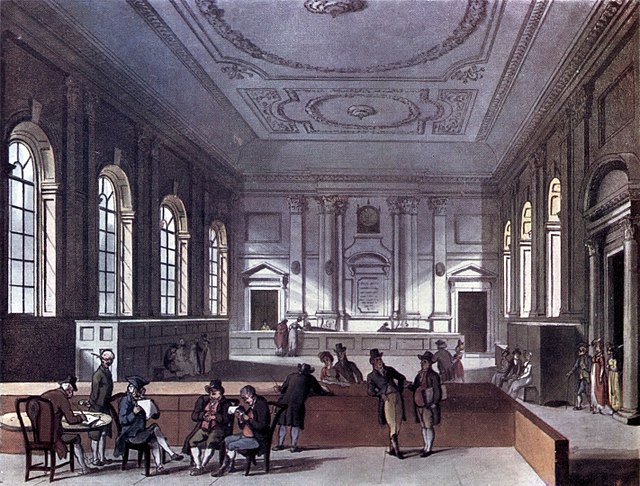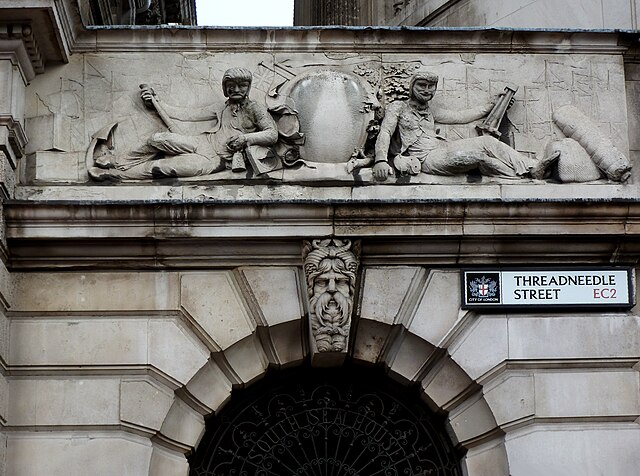John Bristow, of Mark Lane, London, and Quidenham, Norfolk, was an English merchant, financier and politician who sat in the House of Commons from 1734 to 1768.
Quidenham Hall was acquired by Bristow some time after 1740
The South Sea Company was a British joint-stock company founded in January 1711, created as a public-private partnership to consolidate and reduce the cost of the national debt. To generate income, in 1713 the company was granted a monopoly to supply African slaves to the islands in the "South Seas" and South America. When the company was created, Britain was involved in the War of the Spanish Succession and Spain and Portugal controlled most of South America. There was thus no realistic prospect that trade would take place, and as it turned out, the Company never realised any significant profit from its monopoly. However, Company stock rose greatly in value as it expanded its operations dealing in government debt, and peaked in 1720 before suddenly collapsing to little above its original flotation price. The notorious economic bubble thus created, which ruined thousands of investors, became known as the South Sea Bubble.
The Dividend Hall of South Sea House, 1810
Heraldic grouping above main entrance to the surviving South Sea House, Threadneedle Street, rebuilt after the fire of 1826
1723 pro-forma power of attorney signed by a shareholder of the South Sea Company showing the Company's coat of arms and the Latin motto A Gadibus usque Auroram ("From Cadiz to Dawn", Juvenal, Satires, 10)
Hogarthian image of the 1720 "South Sea Bubble" from the mid-19th century, by Edward Matthew Ward, Tate Gallery





